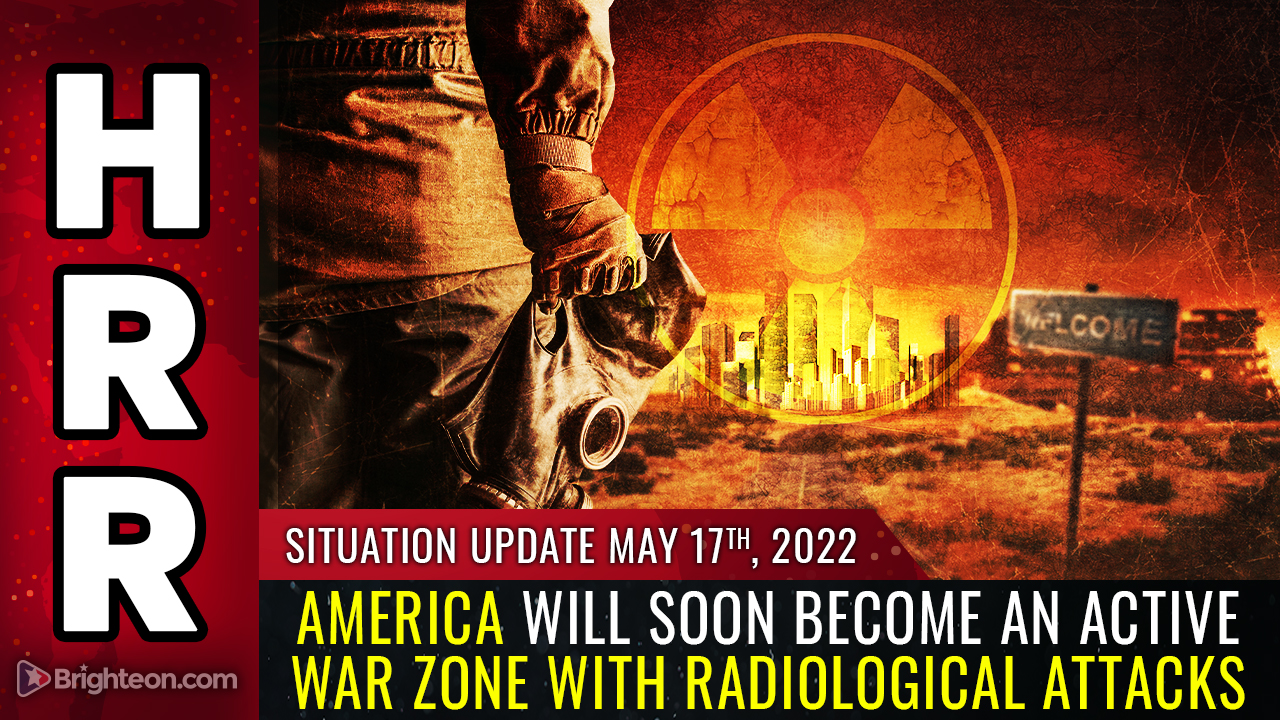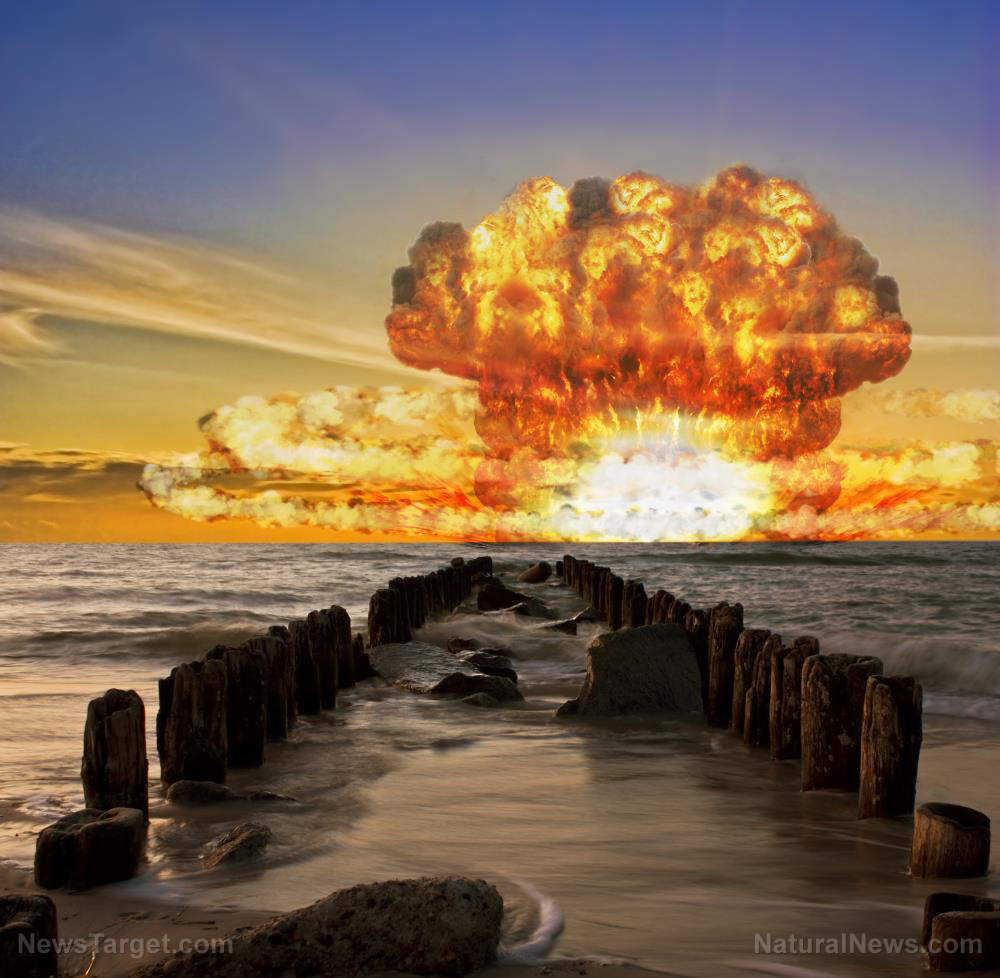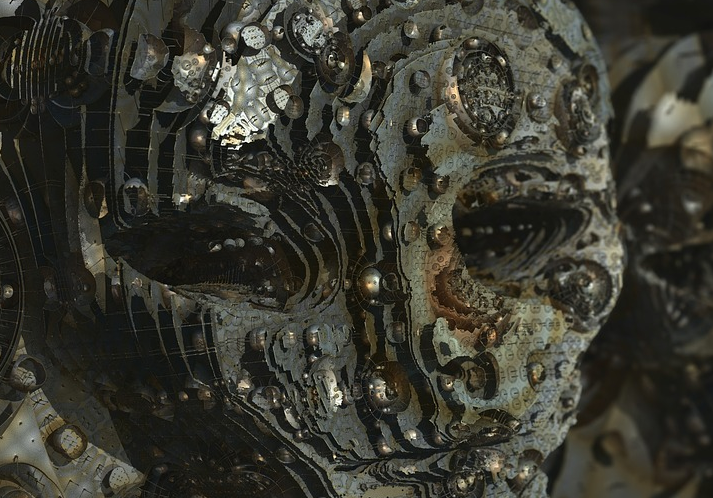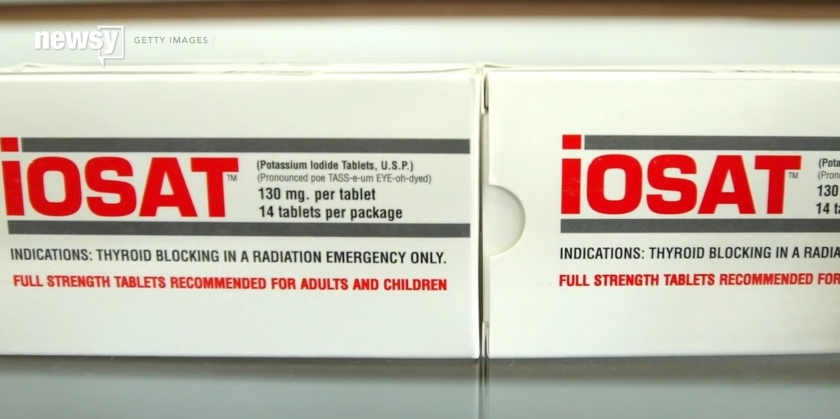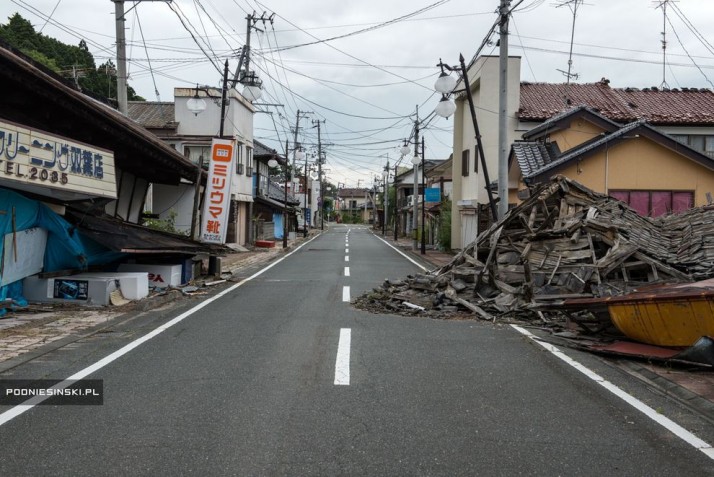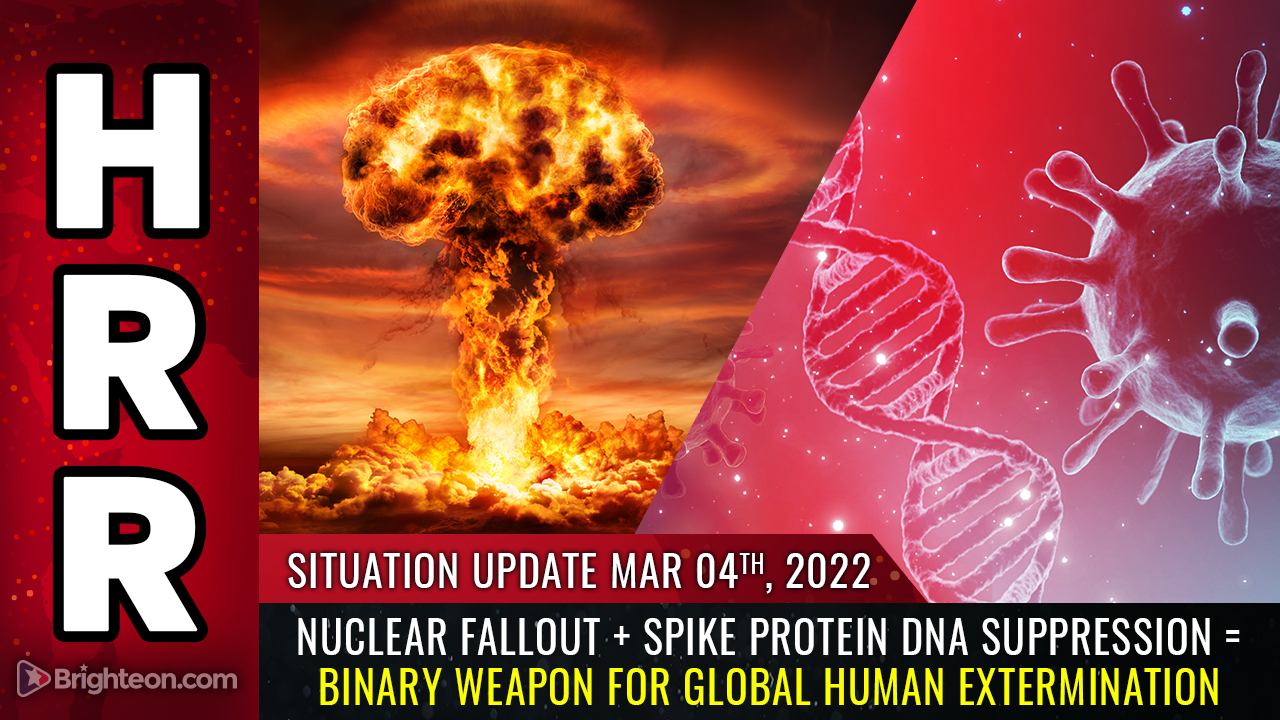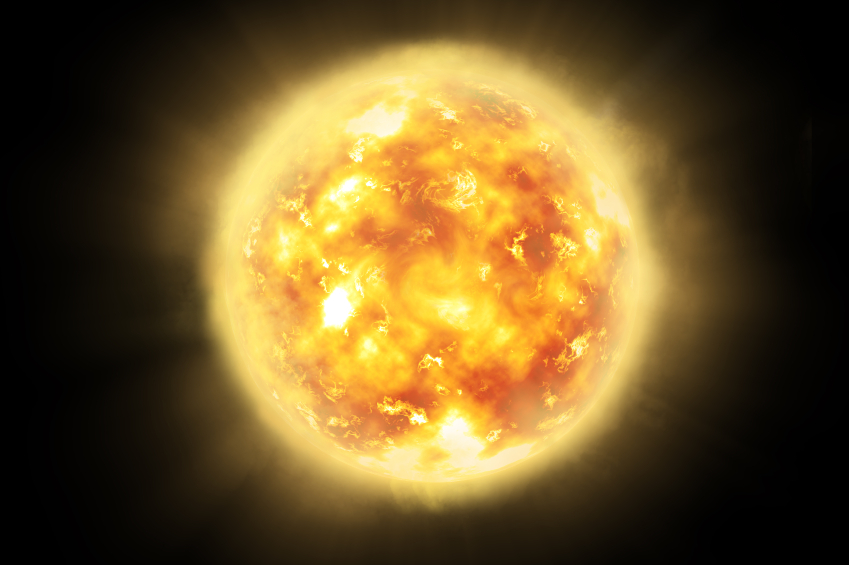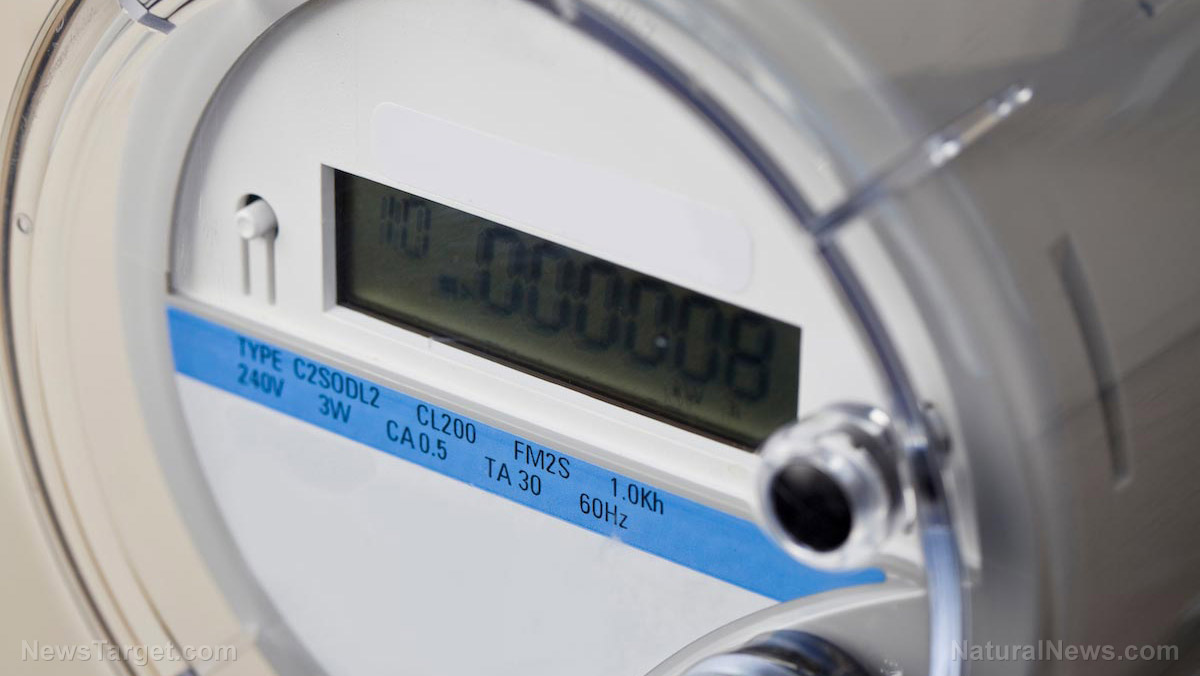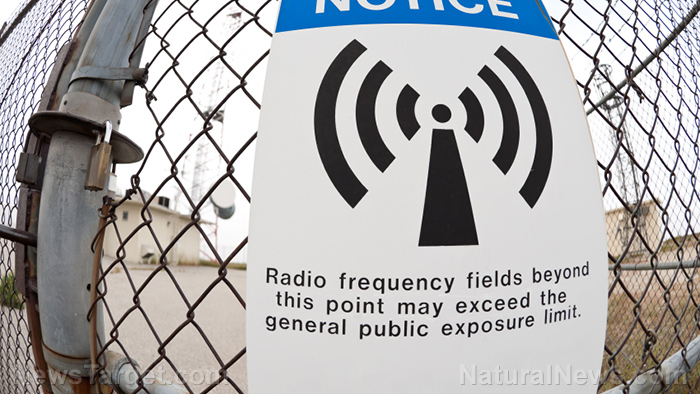Dirty bomb drills being run in Austin, Tex., ahead of known radiological terror cells entering U.S.
05/17/2022 / By Ethan Huff
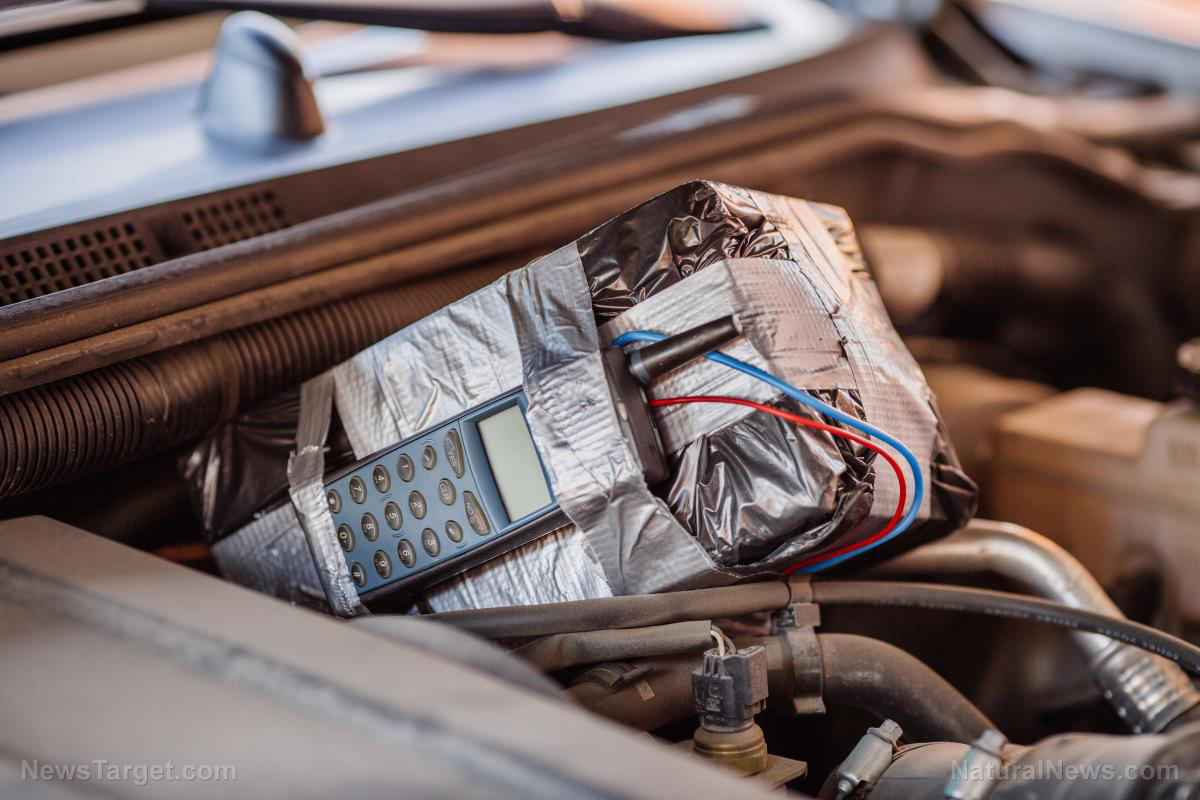
From May 16 through May 20, the Department of Energy’s (DoE) National Nuclear Security Administration (NNSA) is holding a drill in Austin, Tex., that involves the use of low-flying aircraft and a simulated radiological attack.
Called “Cobalt Magnet 22,” the exercise is supposedly taking place to prepare local, state and federal agencies for the possibility of a future radiological attack. Since these drills tend to go live, however, many want to know: Is this another false flag attack in the making?
At “various locations around the city,” an announcement from the NNSA reads, “the exercise will simulate a radiological attack, enabling response personnel to practice protecting public health and safety, providing emergency relief to affected populations, and restoring essential services.”
During the exercise, personnel donned in PPE (personal protective equipment) will reportedly be seen moseying around Austin with equipment as they pretend to monitor and detect radiation, presumably from a nuclear attack.
First responders “and others,” the announcement adds ominously, will also be “staged at various locations” throughout the Texas capital as part of the drill.
“The men and women of the Nuclear Emergency Support Team – or NEST – are trained to provide decision-makers with timely, actionable scientific advice during fearful events,” says Jay Tilden, the DoE’s Deputy Under Secretary for Counterterrorism and Counterproliferation.
“Saving lives and reducing the impact of a nuclear incident requires a full understanding of what happened, who will be affected, and what the optimal response should be. NEST’s bread and butter is providing that information to local, state, and federal leaders as rapidly as possible.”
Mayor Adler and other local officials: “This is only an exercise”
In order to quell the fears of area residents who are concerned about this latest government exercise mysteriously going live, Austin Mayor Steve Adler, a raging liberal Demoncrat with “Get vaccinated!” written prominently on his Twitter handle, wrote the following in a tweet:
“During a planning exercise next week, Austinites may see teams in protective clothing using radiological equipment, low-flying aircraft gathering data, and groups of first responders and other staged at various locations. This is only an exercise.”
Along with this message, Adler shared a link to an article from The Hill explaining the exercise in further detail.
Austin Emergency Management (AEM) tweeted a similar message three days later, emphasizing that the event is “just an exercise” and not to worry or panic.
Neither the NNSA nor any other local agencies in Austin have clarified why the simulation is happening there, or whether or not Austin is under any kind of radiological or other threat that would render it a potential target.
Cobalt Magnet 22 is reminiscent of the “Jade Helm 15” exercise from 2015 that also took place in this same area of Texas, and under similarly strange circumstances.
As you may recall, the Health Ranger visited one of the sites involved in that exercise, which include “guard towers” similar to the ones used in fascist regimes to monitor prisoners being held captive behind barbed-wire fencing.
Jade Helm 15 simulated the infiltration of soldiers operating “undetected amongst civilian populations,” the purpose being to see if they could infiltrate and blend in with the general population without being noticed.
Concerning this latest exercise in Austin, Adan Salazar, writing for Infowars and Newswars, had this to say:
“The exercise comes as NATO and its allies have continued to prop up Ukraine in its war against Russia, provoking the former Soviet nation which has full nuclear capabilities. Agencies did not say the drills were in response to any type of threat from Russia.”
For more news and information about this topic, be sure to check out Radiation.news.
Sources for this article include:
Submit a correction >>
Tagged Under:
Austin, bomb, cobalt, Cobalt Magnet 22, dirty bomb, drill, low-flying aircraft, nuclear, PPE, radiation, radiological exercise, simulation, terrorism, violence
This article may contain statements that reflect the opinion of the author
RECENT NEWS & ARTICLES
COPYRIGHT © 2017 RADIATION SCIENCE

